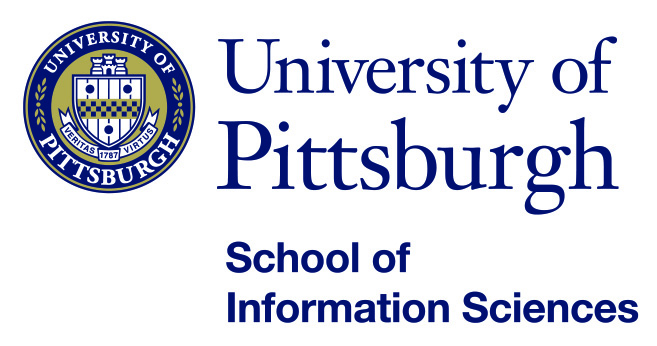Keynotes
Julia Plummer, Associate Professor of Education (Science Education), The Pennsylvania State University, PA, USA
Julia Plummer spent more than a decade teaching children and adults in planetariums and other informal settings as well as extensive experience teaching college-level introductory astronomy and science methods for preservice elementary teachers. Her research interests focus on how children and adults engage in scientific practices in the domain of astronomy. This includes investigating both formal environments, such as classrooms, and informal environments, such as planetariums and museums. She has also investigated the importance of spatial reasoning in the domain. Her research has led to the development of astronomy learning progressions focused on explaining celestial motion phenomena and connecting observations of the current Solar System to its formation model. Dr. Plummer co-authored a middle school astronomy curriculum and collaborated on the development of planetarium programs for children. Dr. Plummer received a combined Ph.D. in Astronomy & Education from the University of Michigan.
Bobby Bodenheimer, Associate Professor of Computer Science, Vanderbilt University, TN, USA
 Bobby Bodenheimer is an associate professor in the Department of Electrical Engineering and Computer Science at Vanderbilt University. His interest in virtual environments (VEs) is to study them as learning environments. As such, his work explores higher level design issues associated with learning environments. His work can be categorized into desktop learning systems and immersive virtual environments. The important point of this work is to build systems that allow people to learn in meaningful contexts and situations. For immersive virtual environments, his research develops design principles for immersion that allow environments where people can actively explore and guide their own learning. For desktop environments, his work has focused on the incorporation of compelling animation into a learning system, called the teachable agent system.
Bobby Bodenheimer is an associate professor in the Department of Electrical Engineering and Computer Science at Vanderbilt University. His interest in virtual environments (VEs) is to study them as learning environments. As such, his work explores higher level design issues associated with learning environments. His work can be categorized into desktop learning systems and immersive virtual environments. The important point of this work is to build systems that allow people to learn in meaningful contexts and situations. For immersive virtual environments, his research develops design principles for immersion that allow environments where people can actively explore and guide their own learning. For desktop environments, his work has focused on the incorporation of compelling animation into a learning system, called the teachable agent system.
Amy Shelton, Professor and Associate Dean for Research, School of Education, Johns Hopkins
Amy Shelton is the director of research for the Center for Talented Youth (CTY) and a professor and associate dean for research in the School of Education (SOE) at the Johns Hopkins University. She holds a joint appointment in the School of Medicine and serves on the steering committees for the university-wide Science of Learning Initiative. Dr. Shelton was on the faculty in Psychological and Brain Sciences at JHU from 2002-2013 before assuming the joint position with CTY and the School of Education. She also serves as an associate editor for the Journal of Experimental Psychology: General and on the editorial board for Spatial Cognition and Computation. She is affiliated with a number of different professional organizations in psychology, neuroscience, and education. Her research in cognitive psychology/cognitive neuroscience focuses on spatial skills, individual differences, and mechanisms of learning, couched in the broad context of understanding the characterization and needs of the individual learner. She has a track record of publications in major academic journals and grant support. Dr. Shelton’s professional orientation takes a strong basic science approach that is informed by the problems and questions of practice and application.





